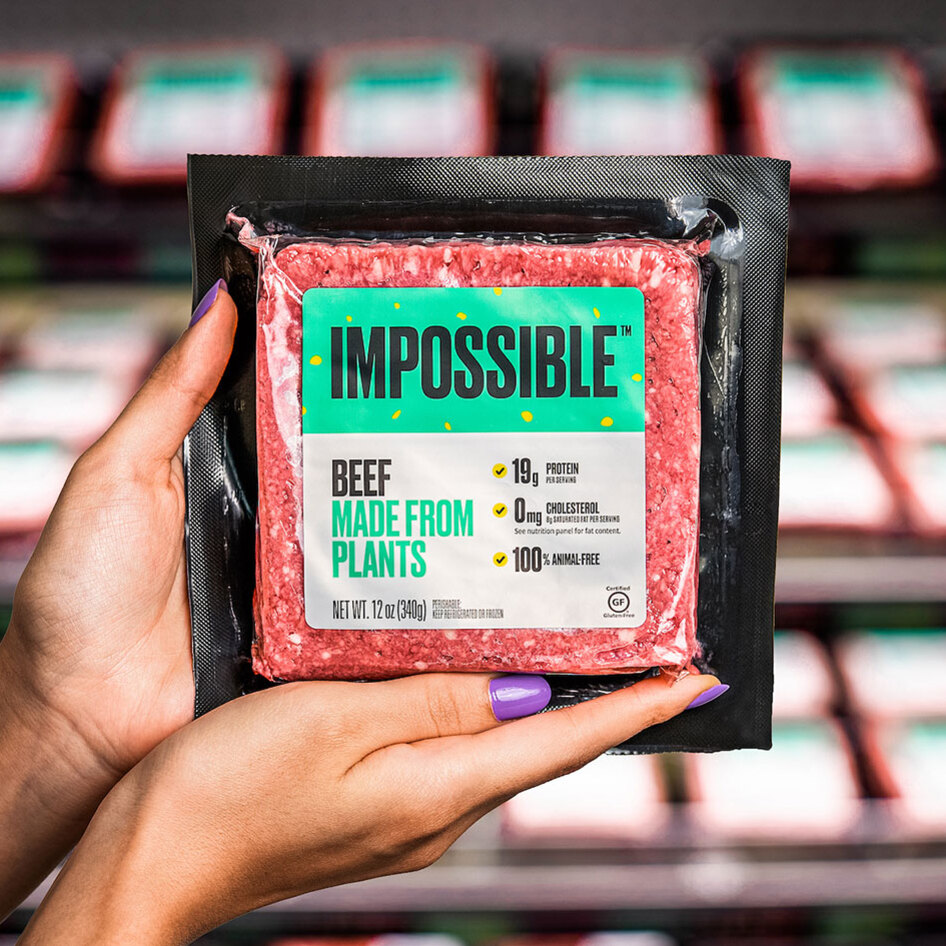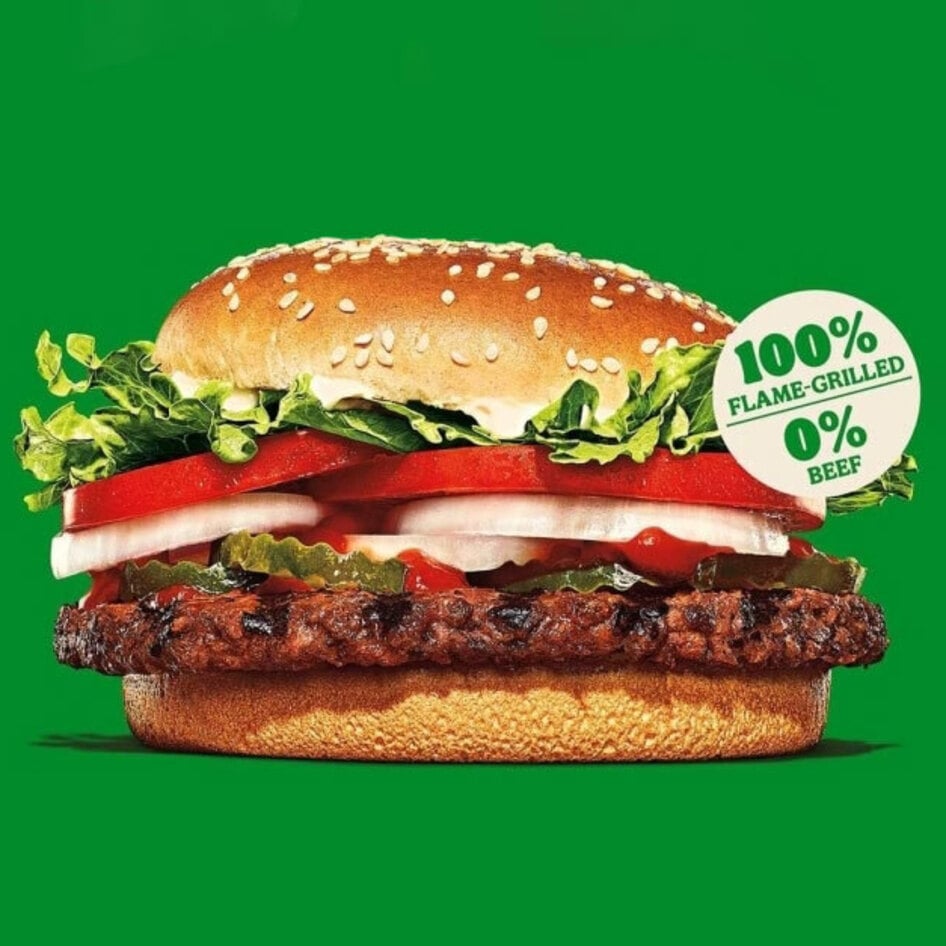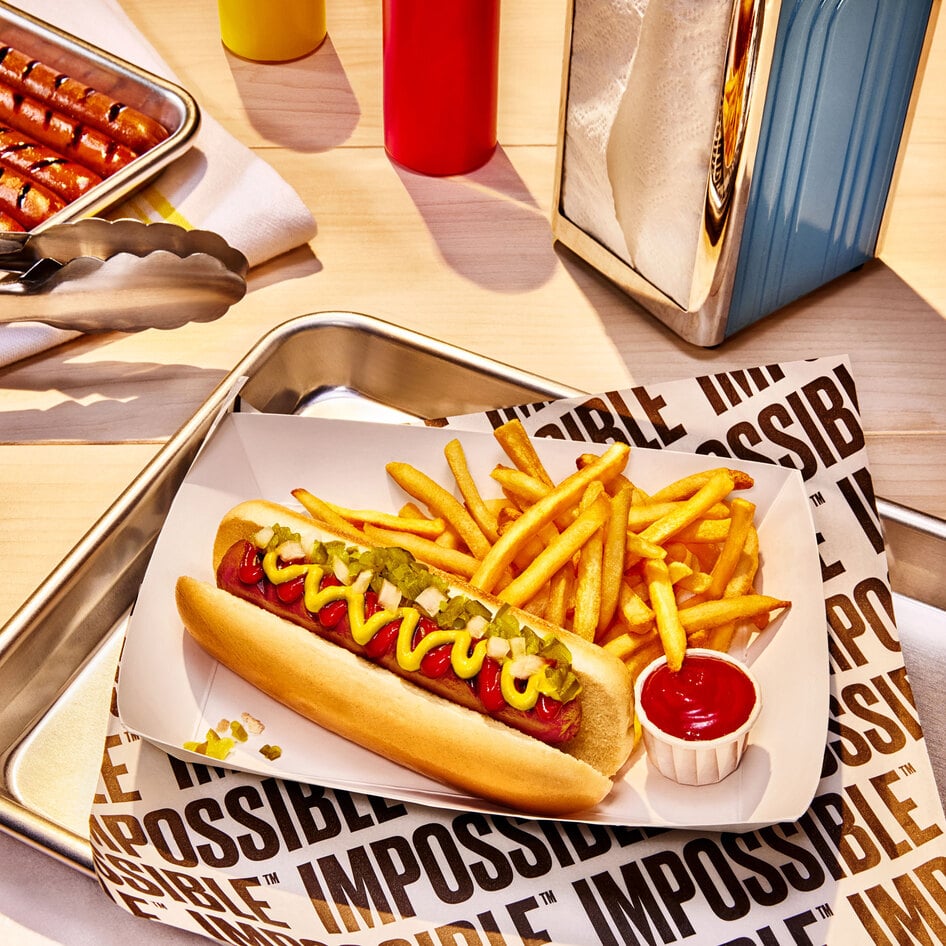Impossible Foods Reveals it Tests on Animals
The company behind the Impossible Burger fed rats its key ingredient, soy leghemoglobin, to comply with food safety standards.
August 8, 2017
In a company report dated July 2017, Impossible Foods revealed that it tested its premier product, the Impossible Burger, on rats. The company stated that “soy leghemoglobin”—soybean-derived “heme” that helps Impossible Burger mimic the qualities of animal meat—was fed to rats in excess amounts daily. The rats’ behavior and organs were then studied to determine if the substance had an adverse effect on their health, which it did not. While the Food and Drug Administration (FDA) does not require the testing of food products on animals, according to Impossible Foods’ spokesperson Rachel Konrad, the organization frequently questions the safety of foods—especially those that are novel to the food industry, such as soy leghemoglobin. “We are taking these additional steps because the public wants and deserves full transparency about the foods they eat,” Konrad told The New York Times, “and because transparency is a core part of our company’s DNA.” Ultimately, the FDA rejected Impossible Foods’ petition to approve the safety of soy leghemoglobin, which is not legally equivalent to deeming it unsafe. Impossible Foods plans to re-submit its petition, and Konrad argues that the plant-based heme is “a part of every living organism.” In the sustainability report released in June, Impossible Foods revealed that the production of the Impossible Burger uses 75 percent less water, 95 percent less land, and produces 87 percent fewer greenhouse gas emissions than that of an animal-based burger. Currently, Impossible Foods is in the midst of expanding the distribution of its burger patties to a projected 1,000 restaurants with the mission to greatly reduce meat consumption globally.
JUMP TO ... Latest News | Recipes | Guides | Health | Shop







